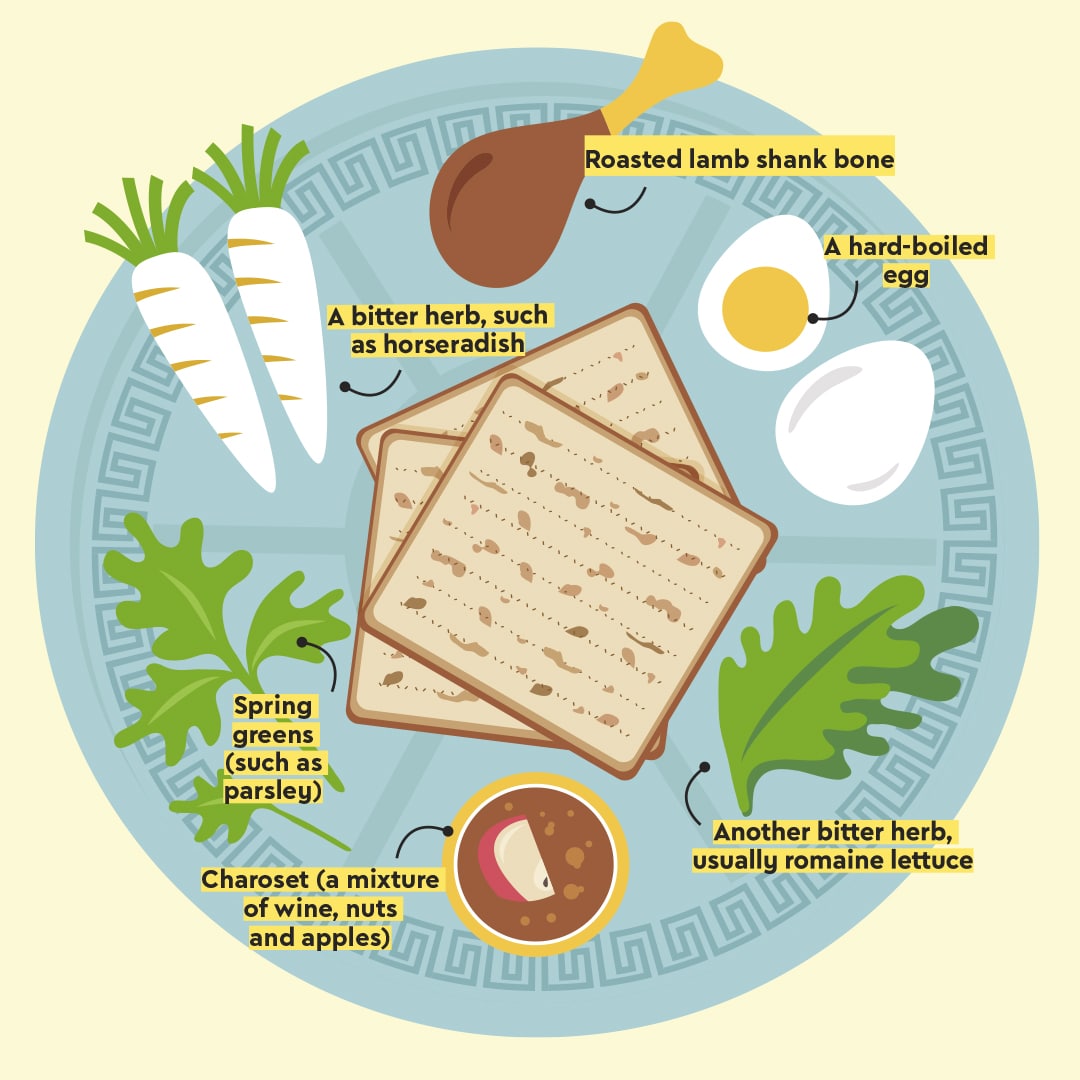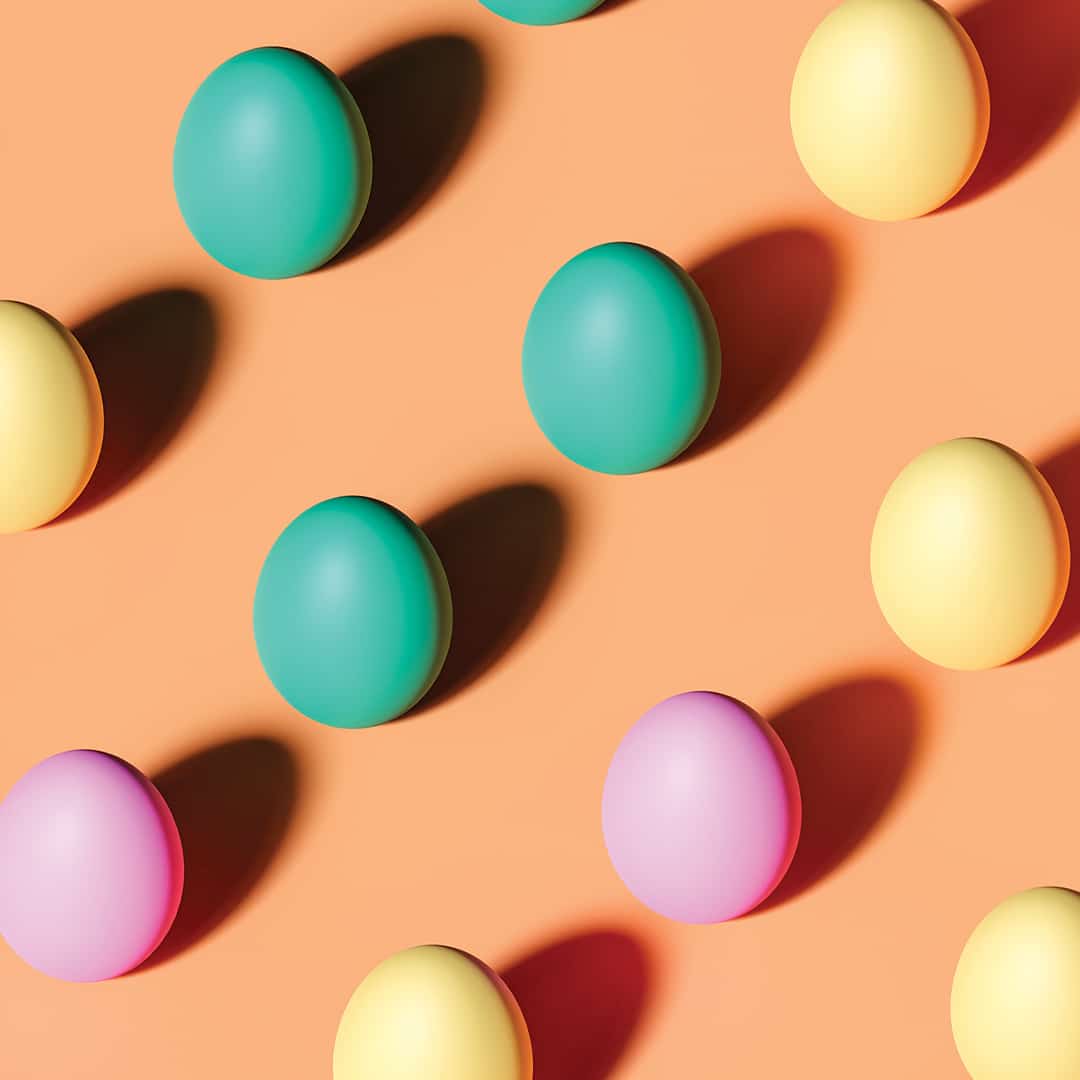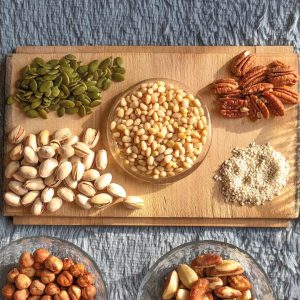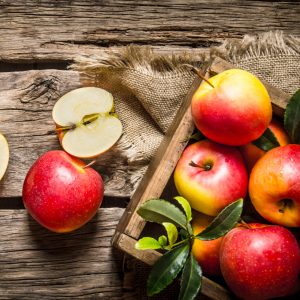There’s a lot going on in the month of April: celebrations for Eid, Easter and Passover call for some clever tips and tricks to make this period less stressful and more magical.
EASTER
TREASURE HUNT
On the face of it, an Easter egg hunt seems simple. But when was simple ever really that much fun? Make it a memorable moment by switching on their brains and scent for the trail…
CLUED-UP
Create a clue game with riddles or questions that lead to each Easter egg hiding place.
BUDGET BUNNY
If you’re on a budget, buy one or two bags of individually wrapped eggs. Shake them out and hide them around the garden or house to make them (and the hunt) go a bit further.
EASTER EVENTS
If you don’t want chocolate to be the focus for lively kids, swap out the sweets for treasure containing vouchers to redeem such as a movie night, a date out with dad or dessert for dinner. These can lead to special experiences rather than a sugar rush (at least at first!).
GET BUSY QUIZZING
If you have a gaggle of teens on your hands, then make them work a little harder for their sweet treat. Invest in reusable plastic eggs and fill them with cool, quirky questions the kids need to answer before they can redeem their chocolates.
PASSOVER

Pass the Seder Plate, Please
Food takes on more meaning during the Jewish holiday of Passover, which commemorates the Jews’ liberation from slavery in ancient Egypt. The week of celebration kicks o with a family meal, called a seder, where the story is told over a long meal. And in the centre of it all is the seder plate, with at least six symbolic foods that are eaten at specific points in the story to bring home the lessons.
RAMADAN
IFTAAR SECRETS
During Ramadan, the holy month of fasting for Muslims, there are specific rules that must be observed. When it comes to Iftaar (breaking the fast), everyone gets to give it their own twist. We asked Saadiqah Schroeder, one of our copy editors, about her ways of breaking fast.
BREAKING THE FAST
It’s a Muslim tradition to start the day off by eating three dates and drinking water. Suhoor (the eating period before we start the day of fasting) includes eating low-GI foods that will keep you full without causing havoc on your gut – those early meals can make you feel sick later in the day if you’re not careful. Fruits and yoghurt also help your stomach to settle a little – natural probiotics for the win!
EARLY BIRD DIGESTS THE WORM
I wake up well in advance, about 2 hours, in order to reduce stress and frantic cooking to get the suhoor ready and eaten. This also allows my stomach to digest and absorb nutrients better er and keep me fuller for longer.
FOOD DO’S AND DON’TS
I avoid caffeine, salt and sugar, especially in the morning, as they make you thirsty and spike your blood sugar. I also begin focusing on staying hydrated a few days before Ramadan starts to compensate for the water I lose during the fast.
LAST THOUGHTS
Yes, Ramadan is about understanding those who are less fortunate, but it’s also about realising that you need not the whole world to sustain you. Ramadan is a time for us to fast from the world itself and connect to our inner spirituality and upliftment. It’s a truly beautiful experience where we discover that we can go without cursing every sentence, and we don’t need that chocolate high to keep us going. We recognise that this world is fleeting, and we should practice what will keep us healthy and happy.





